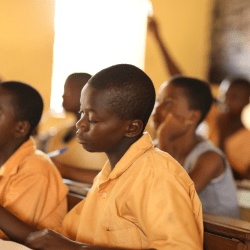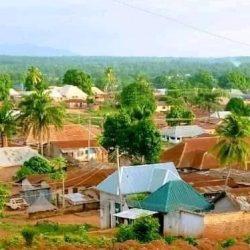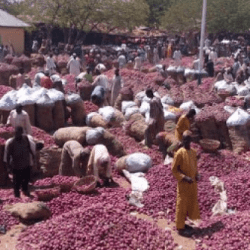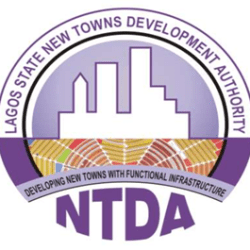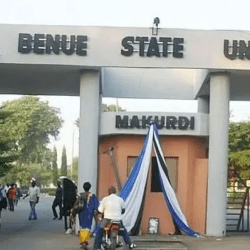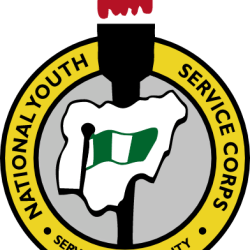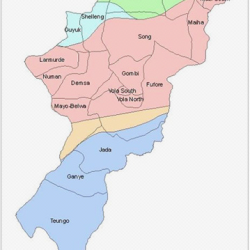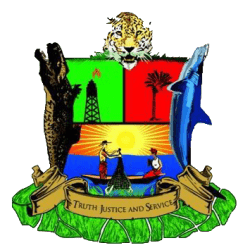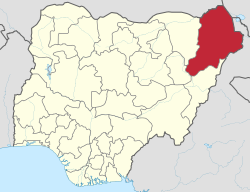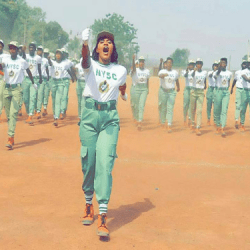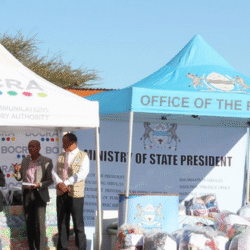The “Learning For The Development of Mbayongo” project, spearheaded by the Yongo-Tiev Youth League, highlights a remarkable commitment to uplifting education in Mbayongo, particularly for under-resourced public schools. This initiative, which is part of the league’s annual activities, focuses on improving access to learning materials and promoting education as a tool for the community’s growth.
In 2024, the project took several significant steps to support students and educators. At Yongo-Tiev Community Secondary School Tyeimongo, the league rewarded the best science students from SS1 and SS2 with textbooks during their graduation ceremony. Additionally, they donated science, arts, and commercial textbooks to the school’s library to encourage reading and provide resources to teachers.
The team further extended their support by visiting two public primary schools—LGEA Primary School Gube and LGEA Primary School Mbayongo—where they paid the school fees for 40 learners, 20 in each school. This not only alleviated the financial burden on these students’ families but also underscored the league’s commitment to ensuring that no child is denied an education due to lack of resources.
However, during their visits, the team observed critical issues in these schools, including a lack of infrastructure, teachers, and learning materials. They made a heartfelt appeal to the government and the public to provide the necessary support to improve these schools and create a conducive learning environment.
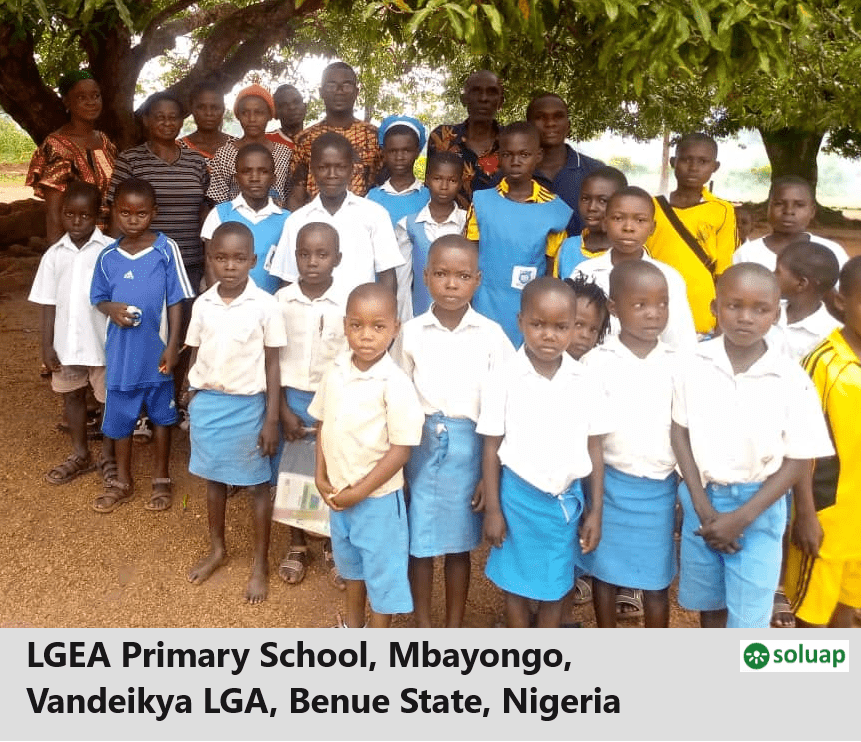

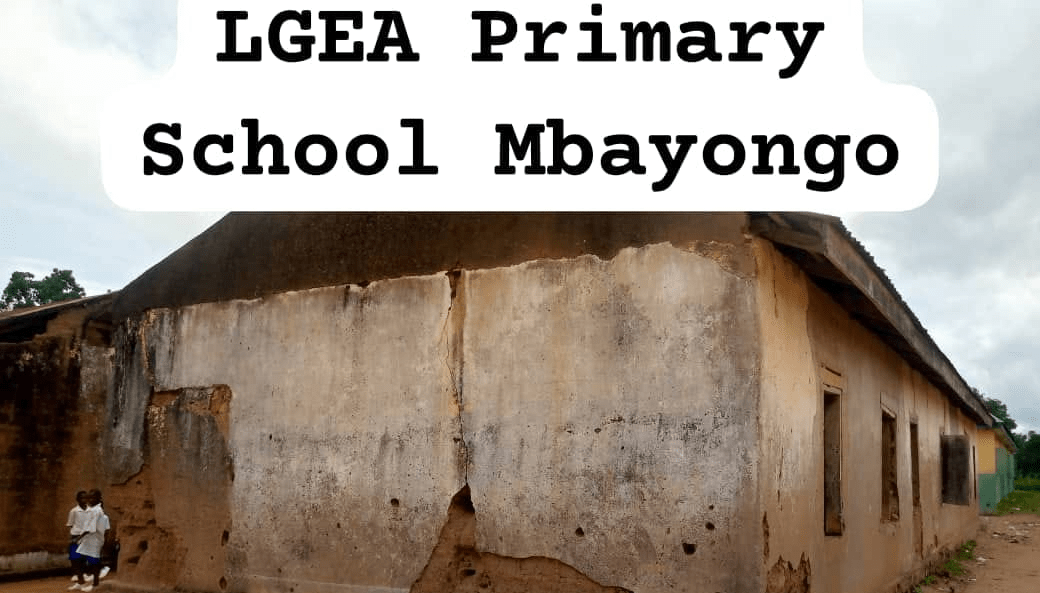
The project was made possible by the financial contributions of donors such as Mr. Akawe T Joseph and Miss Historical Treasurization, whose support is greatly appreciated. The Yongo-Tiev Youth League remains dedicated to their mission, firmly believing in their responsibility to be a guiding light for the younger generation and the entire community. Their motto, “We are Mbayongo, we don’t have any other village but Mbayongo mba sha Kunav,” emphasizes their deep-rooted connection to their village and their collective resolve to ensure its development through education.
